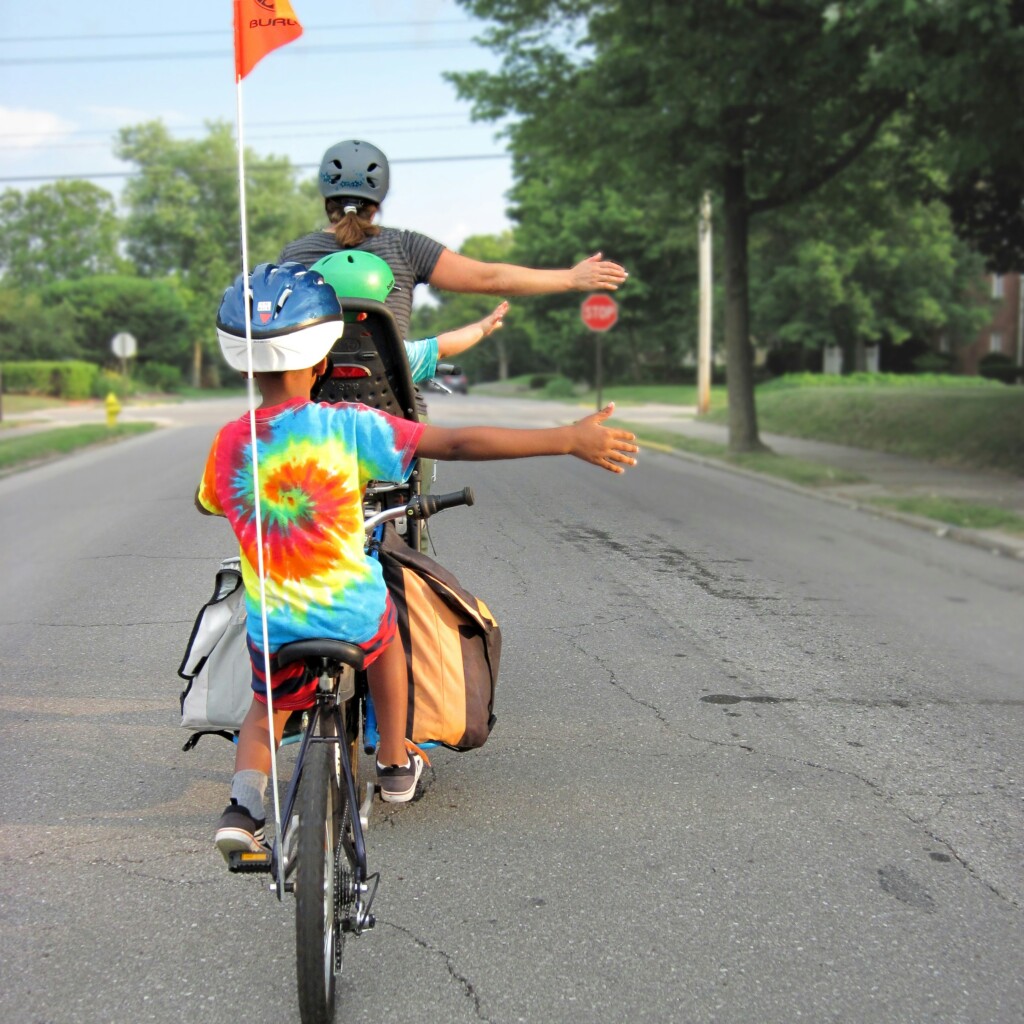From screen time to green time: The mental health benefits of cycling for kids
Admit it, screens are everywhere. Our kids tend to be captivated by their magic. Technology has perks, but too much screen time can harm kids’ psychiatric health.
Luckily, Bobbin Bikes is keen on fostering good habits in youngsters. They hold that biking is not simply a joyful venture; it could improve children’s psychological health.
In collaboration with them, we’ll look into why replacing screen time with bike time in nature could be a vital shift for your kid’s mental well-being.

1. Boosting mood and reducing anxiety
For children, cycling benefits mood and eases worry. Physical actions, like pedalling a bicycle, give rise to endorphins, often labelled as the brain’s uplifting chemicals. This results in children feeling content, less tense, and at ease Time outside acts as a relief from the constant barrage of digital screen stimulation, a source of worry and overexcitement.
Cycling through parks or neighbourhoods offers kids the opportunity to savour fresh air, sunlight, and nature—elements tied to better mental health. Exercising themselves physically while breathing in the outdoors aids in alleviating anxiety symptoms, making cycling a beneficial hobby for stress-burdened kids.
2. Improving focus and attention span
Fast-paced digital media can distract kids, making it difficult to focus for long periods. However, cycling drives concentration and presence. Kids must stay alert and balanced while they are on one of Bobbin Bikes’s practical folding bikes or just starting with toddler bikes. This keeps them involved in the current moment.
Studies have pointed out cycling’s positive impacts on children’s cognitive abilities such as memory, reasoning, and problem-solving. Tasks like planning a bike route or figuring out paths excite young brains, bettering their cognitive functioning and attention span. After a satisfying bike ride, many parents find their kids more composed, sharp, and ready for activities like homework or creative endeavours.
3. Building confidence and independence
Riding a bike for the first time is a vital step for numerous kids. It’s their initial brush with liberty, self-reliance, and personal victory. Be it their shaky beginning on a toddler bike or progressing to two-wheelers, each phase in this cycling trip boosts trust.
The act of learning to cycle, tumbling, and recovering imparts endurance and grit to kids. These valuable qualities assist kids in handling disappointment and moulding self-regard.
As they conquer bicycle riding, kids experience increasing self-sufficiency, which strengthens their confidence in multiple life sectors. This constitutes a two-way success, fostering their physical as well as mental growth.
4. Encouraging social interaction and teamwork
Cycling offers a social conduit; it helps kids learn necessary social skills such as teamwork, communication and space-sharing. Cycling together, whether in a group or with family, allows them to be with friends, siblings, and parents.
Many areas provide organised cycling gatherings for kids, which lets them meet new people and take part in shared activities; these are key to their mental health. It allows kids to feel included and cuts down on feelings of being alone. Riding with pals can be more enjoyable than riding alone and can push kids to invest more time outside.